Loveseat
February 28th, 20182/28/2018 Rilke:
How surely gravity's law, strong as an ocean current, takes hold of even the smallest thing and pulls it toward the heart of the world. Each thing-- each stone, blossom, child-- is held in place. Only we, in our arrogance, push out beyond what we each belong to for some empty freedom. If we surrendered to earth's intelligence we could rise up rooted, like trees. Instead we entangle ourselves in knots of our own making and struggle, lonely and confused. So, like children, we begin again to learn from the things . . . February 26th, 20182/26/2018 John Muir: "You cannot feel yourself out of doors: plain, sky, and mountains ray beauty which you feel. You bathe in these spirit-beams, turning round and round, as if warming at a camp-fire. Presently you lose consciousness of your own separate existence: you blend with the landscape, and become part and parcel of nature."
February 23rd, 20182/23/2018 This is a long one, so bear with me, please. I read this piece by Mark Meyer about photography and it is right on target, in my opinion.
"A photograph like the one above "says, show me your portraits of everyday life, your values, your wealth, and this landscape will dwarf them . . . this image . . . offers a buttress against hubris. It reminds us that almost everything we consider important in life is small and temporary. It wasn't here in the past and will be gone in the future. Our certain knowledge, our closely-held beliefs, our morality, our language, our medicine and science: none are permanent fixtures in this world; time has been, and will continue to be, merciless with the works of humankind . . . (they are) meaningless here where one can be snuffed out by a chill, a fall, or a bear . . . From within its framework we may think civilization has smothered the earth and exiled the wilderness to some tidy borders, but our cities are built on a fragile film of cement riding on a sea of magma swayed by the same tectonic forces that raised these mountains and will one day swallow them. Wilderness goes all the way to the core of this world and our human works merely dot the surface . . . Science has catalogued every fish . . . and packed the entire flora, right down to the lichen on these rocks, into a tidy taxonomic scheme, but as sensible as it all is, when you stand here with your feet in the water you can't help wondering if it is all rather beside the point--inadequate knowledge compared to the whole scene before you.." February 21st, 20182/21/2018 "What postmodern science is telling us—that the universe is a whole and that all things, living and nonliving, are interrelated and interdependent—has been, for most of the world's history, common knowledge. That is, people living close to the land and to other animals as well as the processes that support the health of the land and living creatures have known this from their daily experience. We, a postindustrial, urbanized people, alienated from our own bodies and from the body of the earth, have to learn it, and most often it's a strange knowledge.." Sallie McFague
February 19th, 20182/19/2018 "The world—we are told, was made especially for humans—a presumption not supported by all the facts. Why should humanity value itself as more than a small part of the one great unit of creation? . . .The universe would be incomplete without humans, but it would also be incomplete without the smallest thansmicroscopic creature that dwells beyond our conceitful eyes and knowledge . . . They are earth-born companions and our fellow mortals." From John Muir, who wrote around the turn from the end of the 19th to the early 20th century.
"And I saw that the sacred hoop of my people was one of many hoops that made one circle." Black Elk February 16th, 20182/16/2018 Weedon Island, St Petersburg "When we try to pick out anything by itself, we find it hitched to everything else in the universe." John Muir
February 14th, 20182/14/2018 Today is the beginning of Lent, intended as a time of quiet, reflection and redirection. All something this country desperately needs . . .
February 12th, 20182/12/2018 Belden Lane: "That's the trick. You have to move beyond the interference of language and thought in order to be present to the stillness of the moment, the power of the now . . . you need a method for interrupting the mind's craving for analysis, the ego's incessant hunger for experience . . . You are left, at last, in the adorned presence of the moment, resting in silence without word or thought."
And Ilia Delio finds this: "What we call a part is merely a pattern in the inseparable web of relationships . . . Nature is an interlocking network of systems . . . more a flow than fixed, like a choreographed ballet or a symphony." February 08th, 20182/8/2018 Early February morning experiment—the fog was irresistible, and there won't be much after this. Up to 80 today; winter moves on somewhere else, leaving us already beginning to feel the approach of a summer probably hotter than last year—not due to global warming according to climate change deniers.
Issa wrote: Seen through a telescope; ten cents worth of fog. February 05th, 20182/5/2018 I've been thinking about imperfections in my images (what would count as a perfect image, anyway?) and came across this from Neil Johnson:
"When an artist finds a flaw in his or her work, the artist has three choices: ignore the flaw, repair the flaw or start over. Or, a fourth choice: Celebrate the flaw . . . Navajo fabric artists create beautiful weavings . . . But there in the corner is a deliberate imperfection. The Navajos say,"That is where the spirit moves in and out' . . . I have learned over the years that I have to walk from a complex work of art and let it exist in its imperfection." And this from Leonard Cohen: "Ring the bells that can ring. Forget your perfect offering. There is a crack in everything. That's how the light gets in." Categories |
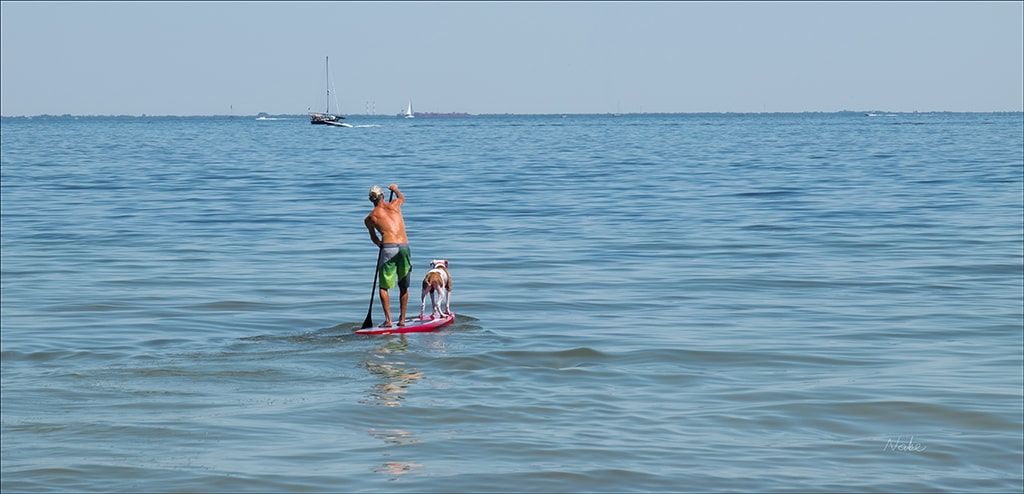
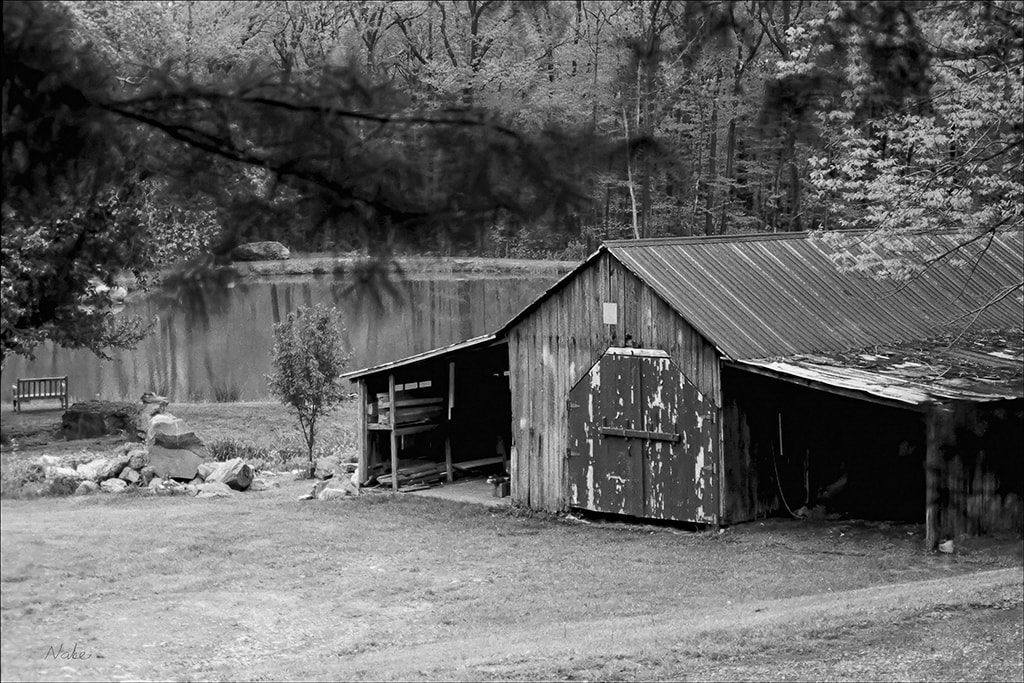
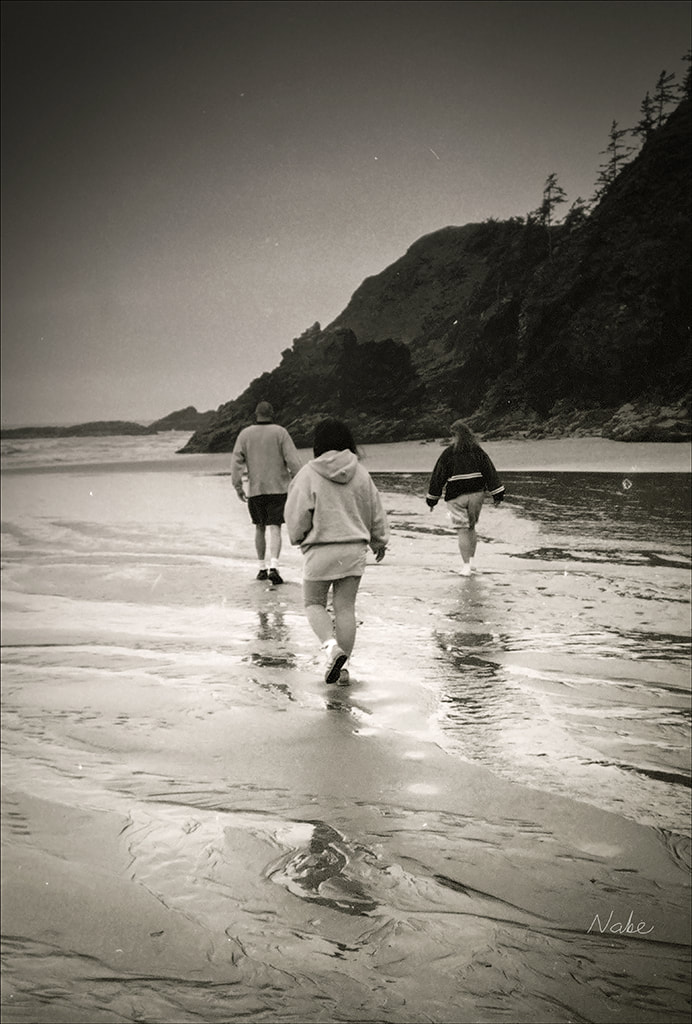

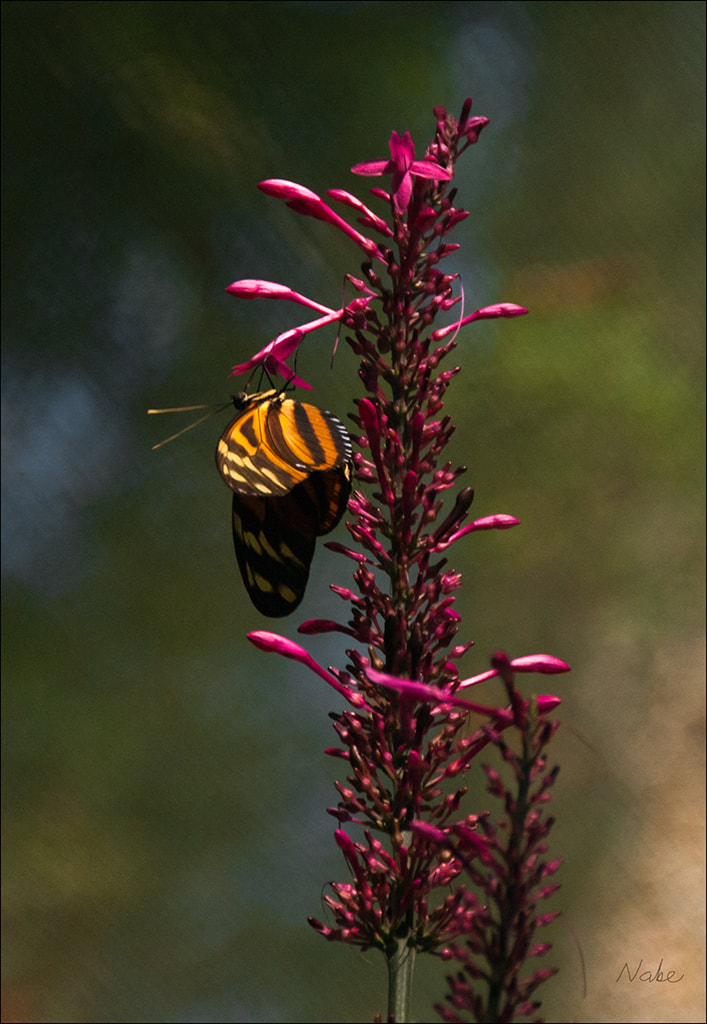
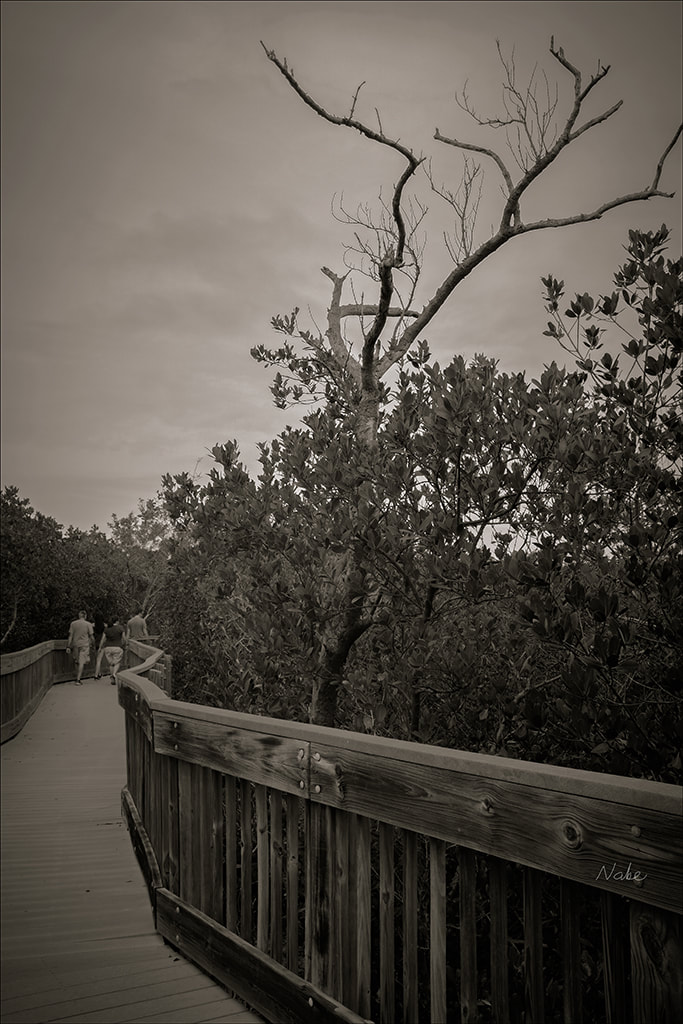
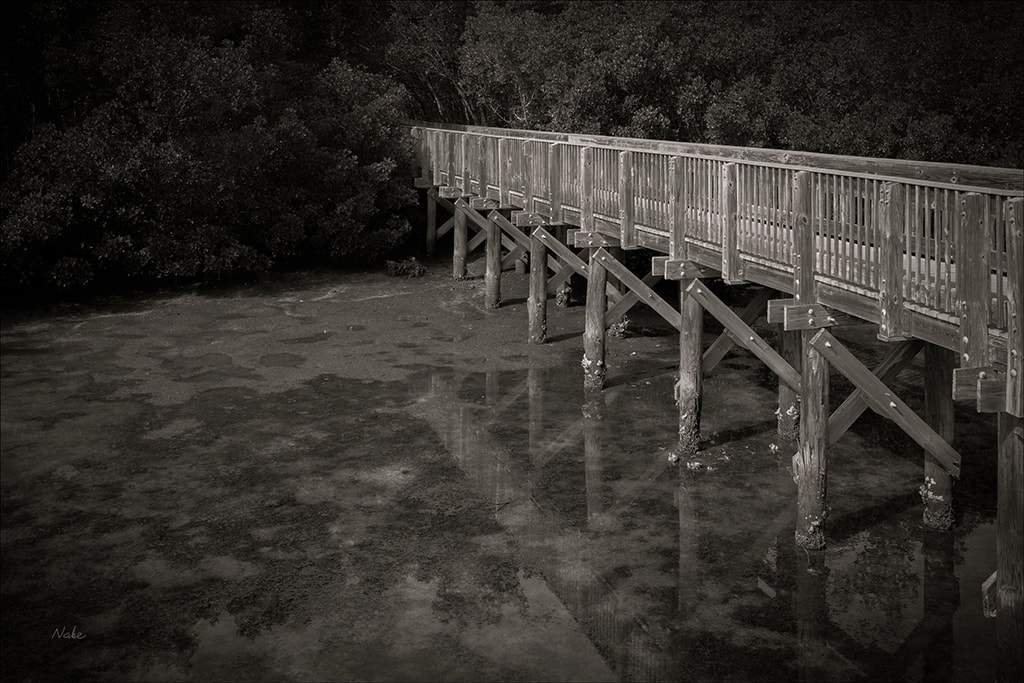
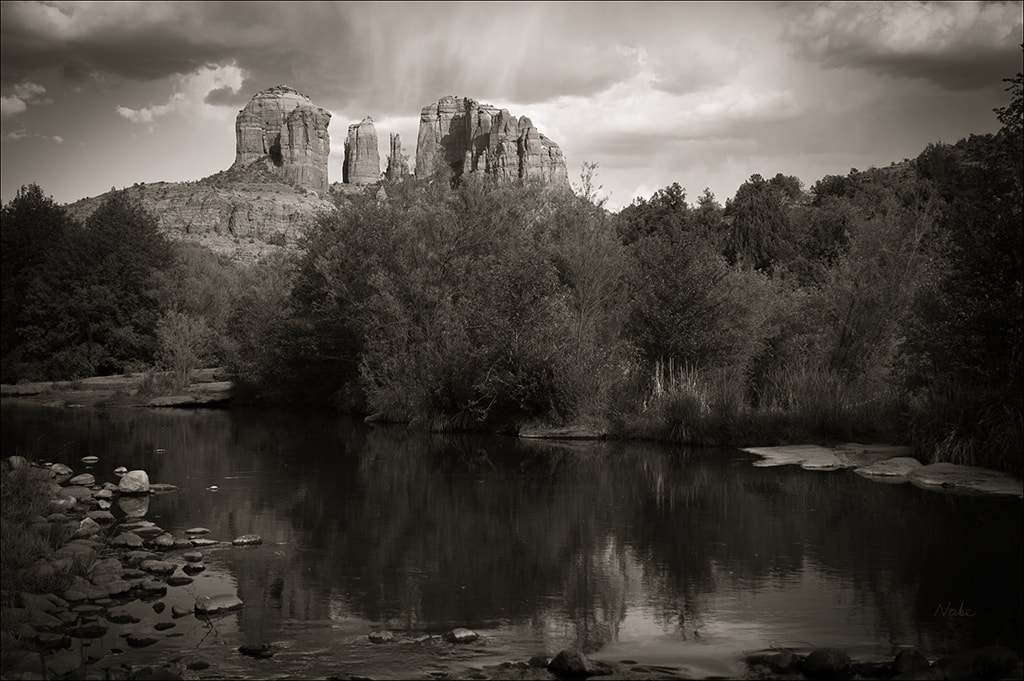
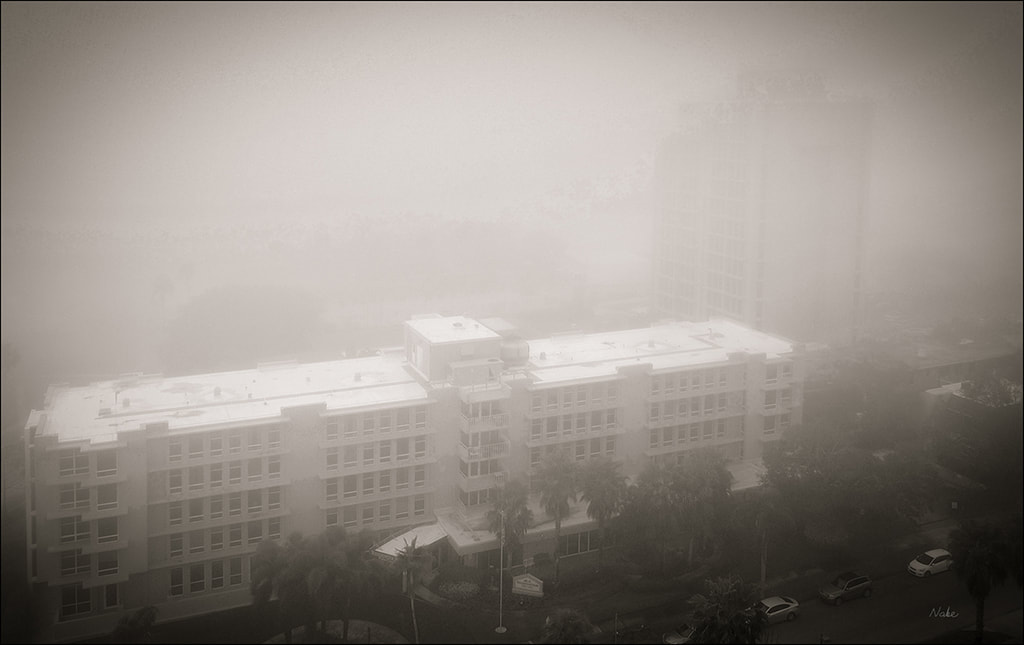
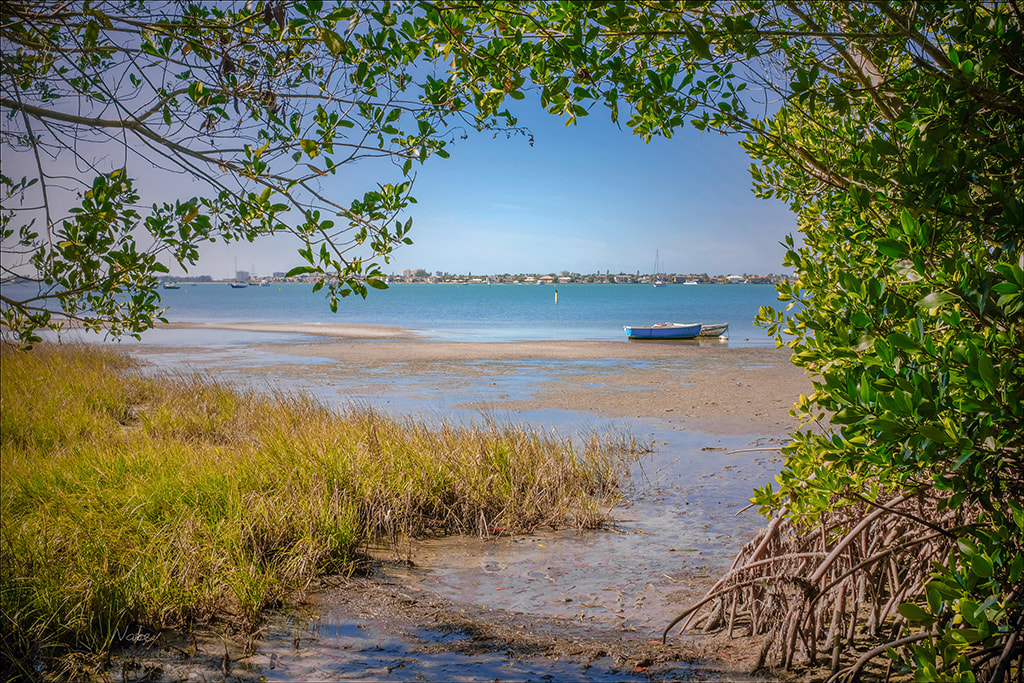
 RSS Feed
RSS Feed